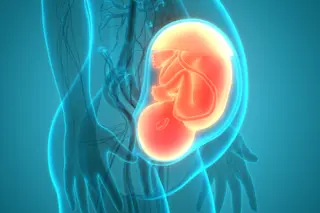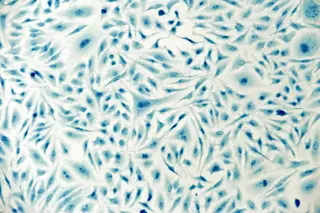A study by Andrew Camilli of Tufts University School of Medicine may explain how cholera epidemics spread so quickly and why vaccines against lab-grown bacteria are ineffective: Previous researchers simply failed to appreciate the gut of the problem.
Cholera, a diarrheal disease common in overpopulated communities and refugee settings, can lead to a death rate as high as 50 percent. To understand the enemy, Camilli and his team collected stool samples from patients in Bangladesh, isolated the cholera bacteria, and compared them with cholera from the lab. Camilli discovered that after running the gauntlet of acids and enzymes in the digestive tract, the bacteria emerged up to 700 times more infectious than before. The activated bacteria also expressed different genes, focusing on those that promote growth and survival. Passing through the gut seems to prime the bacteria for rapid infection of the next victim, Camilli says. But if the microbe ...














